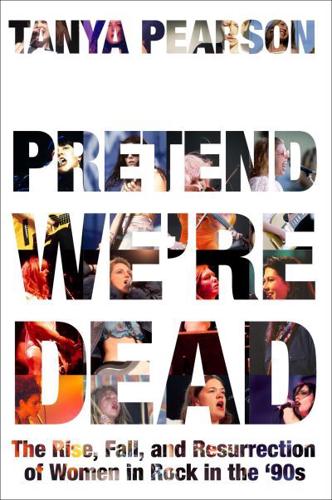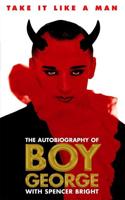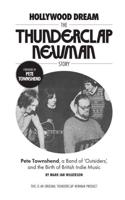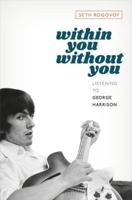Publisher's Synopsis
"A refreshing and much-needed contribution to the male-dominated history of rock 'n' roll."--Kirkus Reviews
From the founder of the Women of Rock Oral History Project, an exploration of women in the '90s rock scene, featuring original interviews with Liz Phair, Shirley Manson, Kristin Hersh, Donita Sparks, Tanya Donelly, members of Hole, Luscious Jackson, Veruca Salt, Babes in Toyland, and more
In 2018, during an interview with journalist Tanya Pearson, Shirley Manson lamented: "It's a blanket fact that after September 11th, nonconformist women were taken off the radio." This comment echoed a reality Pearson had personally witnessed as a musician and a fan, and launched her into a quest to figure out just what happened to these extraordinary female figures.
PRETEND WE'RE DEAD seeks to answer two big questions: First, where did all these wildly different, politically conscious, and supremely talented women in rock come from in the 1990s? And second, after their unprecedented breakout, why did they vanish from the mainstream by the early aughts? Along with analysis and narrative, PRETEND WE'RE DEAD is built on exclusive interviews with the unfiltered voices of legends including: Shirley Manson, Melissa Auf der Maur, Patty Schemel, Kate Schellenbach, Nina Gordon, Louise Post, Josephine Wiggs, Tanya Donelly, Kristin Hersh, Tracy Bonham, Donita Sparks, Liz Phair, Zia McCabe, Tracy Bonham, Lori Barbero, Josephine Wiggs, and Jill Emery. Through thought-provoking conversations, these women explore how they fell in love with music and started bands; fought labels, their coverage in the media, and sexism; and wrote deeply political and feminist music. Readers also learn about the effects of Woodstock '99, the corporatization of the music industry, the rise of Clear Channel and its ties to the Bush administration, and finally the nationalist sentiment after 9/11.
While sonically diverse, these musicians all wrote fierce, socially conscious, feminist lyrics, and PRETEND WE'RE DEAD commemorates and celebrates the overlooked contributions of true trailblazers.








